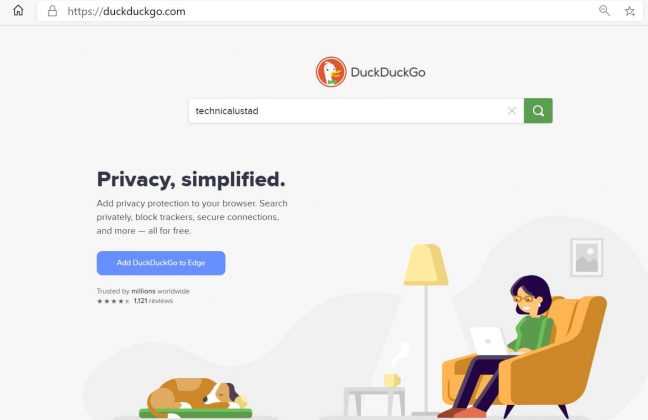


Last Updated: 07 Mar'22 T19:41:58+00:00 Facts checked by Eugenie TiuĭuckDuckGo has risen to the top of private competitors to Google. MP4 Repair: How to Fix Corrupted Video Files in 2019.

Best Choice Stellar Phoenix Data Recovery.How to Create a Strong Password in 2023: Secure Password Generator & 6 Tips for Strong Passwords.How to Securely Store Passwords in 2023: Best Secure Password Storage.Best Password Manager for Small Business.How to Access the Deep Web and the Dark Net.Online Storage or Online Backup: What's The Difference?.Time Machine vs Arq vs Duplicati vs Cloudberry Backup.TechRadar Pro is awaiting further specifics about DuckDuckGo’s efforts. “And in cases where that is not possible, Brave will watch as pages are being fetched and redirect users away from AMP pages before the page is even rendered, preventing AMP/Google code from being loaded and executed.”īrave’s De-AMP feature is now available in both Nightly and Beta versions of its browser and will be enabled by default in the next full public release. “Where possible, De-AMP will rewrite links and URLs to prevent users from visiting AMP pages altogether,” explained Brave. And now, browser vendors like Brave and DuckDuckGo are coming out with their own tools to help web users bypass AMP altogether. Since the launch of AMP, a number of publishers (including Future plc., parent to TechRadar Pro) have abandoned the system. “And Google uses AMP to further entrench its monopoly, forcing the technology on publishers by prioritizing AMP links in search and favoring Google ads on AMP pages.” “AMP technology is bad for privacy because it enables Google to track users even more,” said the firm. > The story of the fight to archive the internet > Meet the challenger search engine trying to break the monopoly The inside story of the browser wars, told by a veteran


 0 kommentar(er)
0 kommentar(er)
